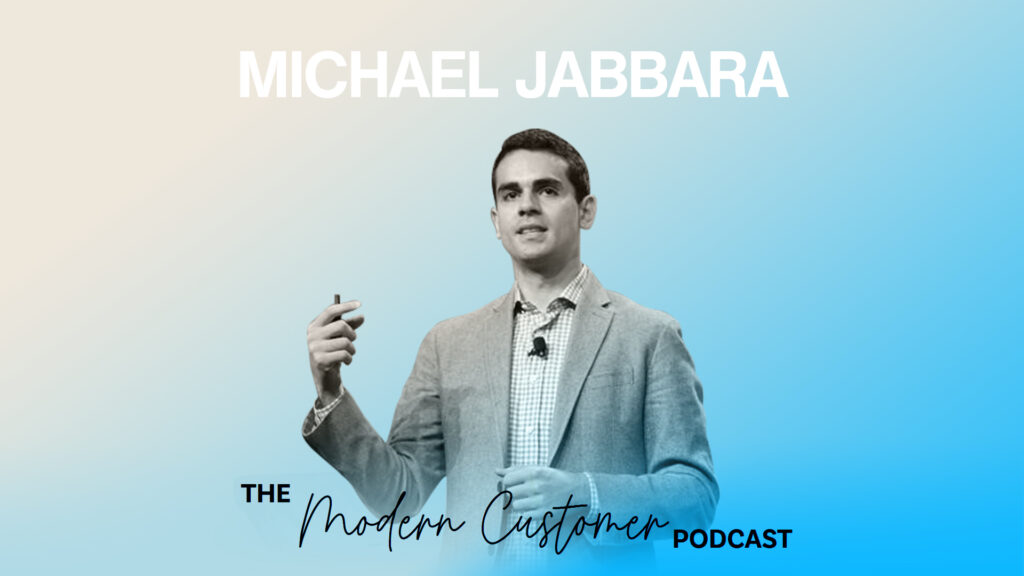Cybersecurity and fraud have long been a part of the modern online experience. Every time a customer interacts or transacts with a brand online, they share sensitive data that has the potential to fall into the wrong hands.
But the last few years have taken fraud to the next level, meaning that every company needs to prioritize protecting their customers.
Why Fraud Is Rampant
Michael Jabbara, Global Head of Fraud Services at Visa, says the increase in fraud in recent years is due to two main factors:
- Life moved online during the pandemic, which means customers now have more online transactions and virtual interactions that make their data vulnerable. When you don’t see the individual you’re transacting with, there’s a greater chance for deception and fraud.
- Fraud tools have been democratized and are now widely available on the dark web. Jabbara points out that cybercriminals no longer need to be expert hackers. Fraud tools are more widely available than ever before.
The Current Landscape
With this rise in cybersecurity issues, Jabbara says every business, regardless of size, needs to closely consider its data security strategy. That requires having a proactive approach to fraud protection instead of waiting for an attack to occur and regularly checking the lines of defense you put in place to ensure the tools are effective and legitimate.
Many companies are moving to a tokenization approach, replacing a customer’s sensitive information with a token or symbol that is useless if it falls into the wrong hands. Jabbara says this approach is incredibly effective at minimizing fraud.
What Comes Next
As fraud grows and evolves, we’ll see the intersection between technology and human nature. Jabbara says the most successful hackers aren’t necessarily those sitting in dark basements but those who think like psychologists and have a keen understanding of human nature and how to exploit people. In the future, we’ll see them finding new ways to exploit human tendencies and how companies can use technology to counteract their attempts.
Jabbara also points out future innovations in cybersecurity. Threat actors are constantly finding new ways to hack and get into systems and individual data. Because cybercriminals are innovating rapidly, companies must stay one step ahead and proactively put mitigation measures in place.
The future of cybersecurity is rapidly changing. No matter your industry, all companies must proactively work to prevent fraud and cybercrime.
_________________
Blake Morgan is a customer experience futurist and the bestselling author of The Customer of the Future. For regular updates on customer experience, sign up for her weekly newsletter here.

